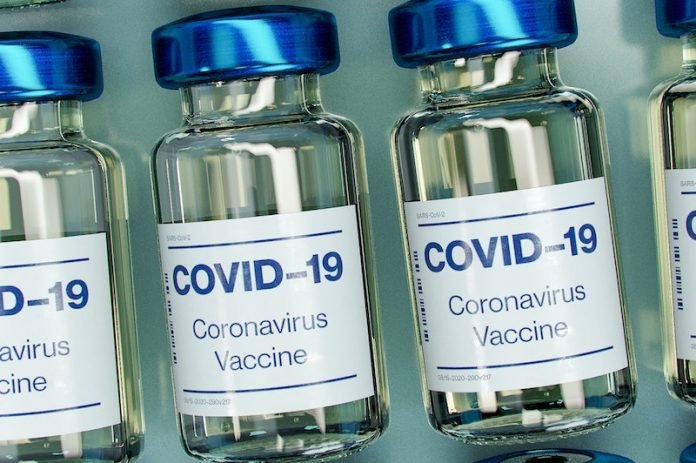
In a new study, researchers found used a previously published model of a COVID-19 vaccination program to quantify the speed-versus-efficacy tradeoff of vaccination deployment.
The model accounted for transmission of severe acute respiratory syndrome coronavirus 2 (SARS-CoV-2), COVID-19 disease severity, and recovery or vaccination leading to protective immunity.
According to the researchers, a 2-dose vaccination strategy would impose steep clinical and epidemiologic costs in the context of ongoing pandemic response.
Depending on the duration of protection conferred, a single-dose vaccine with 55% effectiveness may confer greater population benefit than a 95%-effective vaccine requiring two doses.
The research was conducted by a team from the Yale School of Public Health.
The team suggests that speed is essential for controlling the COVID-19 pandemic and offers four rationales supporting their conclusion:
Doubling the vaccine coverage with a single dose compared with a 2-dose regimen will accelerate pandemic control because even lack of complete protection on an individual level is likely to lower transmission rates enough to stop epidemic growth;
Providing effective protection for as many people as possible is more ethical because it distributes the scarce commodity more justly;
A single-dose vaccine approach could mitigate the higher incidence of many vaccine-associated adverse events seen with the second dose;
And administering a vaccine that is only partially protective may reduce risky behavior such as doffing masks or eliminating social distancing.
Researchers from Stanford University developed a decision-analytic cohort model to estimate the direct benefits of vaccination against COVID-19 under alternative strategies for dose allocation.
According to the researchers, their findings suggest that vaccinating more people as soon as possible using a flexible approach could increase the benefits of vaccines while enabling most recipients to receive second doses on schedule.
One author of the study is A. David Paltiel, Ph.D.
The study is published in the Annals of Internal Medicine.
Copyright © 2021 Knowridge Science Report. All rights reserved.



